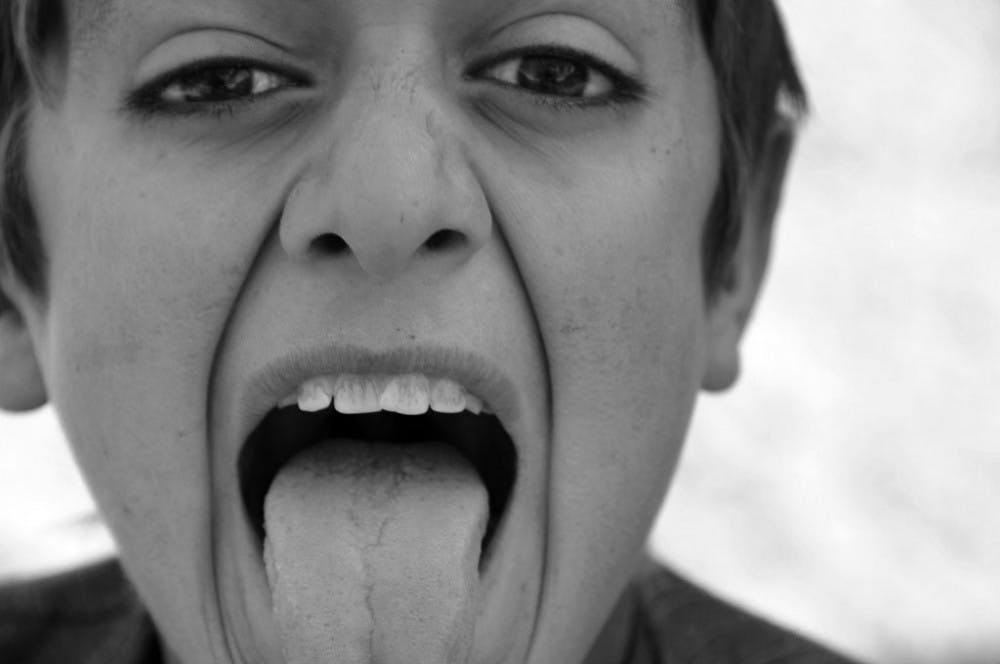While it may be the norm for one to put great effort into making good first impressions in social situations, recent studies are leading scientists to believe that one may have less control over first impressions than they may believe.
According to researchers at New York University (NYU), humans tend to make snap judgments of one’s personality based on not only facial features but on preexisting beliefs with which personality traits go together.
Jonathan Freeman, an associate professor in NYU’s Department of Psychology and director of the Social Cognitive & Neural Sciences Lab, described how social judgements are made in this way.
“People form personality impressions from others’ facial appearance within only a few hundred milliseconds,” he said, according to ScienceDaily. “Face impressions are shaped not only by a face’s specific features, but also by our own beliefs about personalities... the cues that make a face look competent and make a face look friendly are physically more similar for those who believe competence and friendliness co-occur in other people’s personalities.”
While studies show that these first impressions seem to be, for the most part, consistent, they are oftentimes inaccurate; those who consistently give the impression of having a set of certain personality traits often really don’t possess those traits at all.
However, we are beginning to become fully aware that these false first impressions can often be extremely consequential in real-world settings such as elections, hiring decisions, dating and even prison sentences.
“Initial impressions of faces can bias how we interact and make critical decisions about people, and so understanding the mechanisms behind these impressions is important for developing techniques to reduce biases based on facial features that typically operate outside of awareness,” Freeman said.
It has long been agreed that it is easy to judge a person’s personality simply by facial features; for example, those with naturally “angry” faces tend to come off as less trustworthy and caring to those with “baby-ish” facial features.
What is more unclear is how widespread this false judgement can be and why it occurs.
In the NYU study, 920 subjects were gathered and asked questions about how strongly they believed personality traits went together; for example, how much competence co-occurs with friendliness in a person’s personality.
They were then shown faces on a screen for a split second and were asked to label the face with different personality traits, such as “agreeable,” “confident,” “egotistical,” “intelligent” and “responsible.”
Next, the researchers were able to measure facial features that are often used to make personality impressions using a method that let them visualize a subject’s mental image of their personality trait.
It was then confirmed that, as expected, facial features can help modify personality judgment. For example, people who believe that competence and friendliness go together have their own ideas of what makes someone look competent or friendly.
Ryan Stolier, a lead author of the paper and graduate student at NYU’s Department of Psychology, commented more on the relationship between appearance and personality.
“[The results] suggest that beliefs about personality drive face impressions, such that people who believe any set of personality traits are related tend to see those traits similarly in faces,” he said, according to ScienceDaily.





